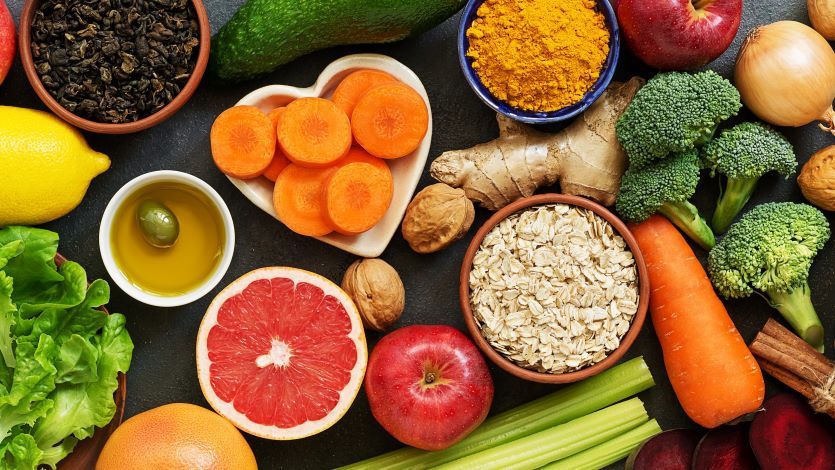
A diet refers to the typical foods and drinks an individual or group consumes regularly. It can also refer to a specific plan or regimen of eating, often for health or weight management purposes. Diet is closely linked to nutrition, as the food we eat provides the nutrients our bodies need for energy, growth, and overall well-being.
Here’s a more detailed breakdown:
1. General Consumption:
- Diet, in its broadest sense, is the sum of what we eat and drink daily.
- This includes all the foods and beverages that make up our regular eating habits.
- Factors like nutritional needs, food availability, and cultural preferences influence our dietary choices.
2. Specific Plans:
- Dieting often refers to a deliberate plan to manage weight, either by reducing, maintaining, or increasing it.
- This may involve restricting certain foods, controlling portion sizes, or focusing on specific nutrients.
- Diets are also used to manage or prevent diseases, such as diabetes or heart conditions.
3. Nutritional Aspects:
- Diet provides the building blocks (nutrients) for our bodies to function.
- Macronutrients (proteins, carbohydrates, and fats) are needed in larger quantities.
- Micronutrients (vitamins and minerals) are also essential, though in smaller amounts.
- A balanced diet provides the right amounts of all necessary nutrients for optimal health.
4. Dieting vs. Healthy Eating:
- Dieting can sometimes be misunderstood as a short-term fix for weight loss.
- However, long-term adherence to healthy eating habits is crucial for maintaining a healthy weight and overall well-being.
- A healthy diet should be sustainable and enjoyable, not a restrictive or temporary measure.
test comment
qwe